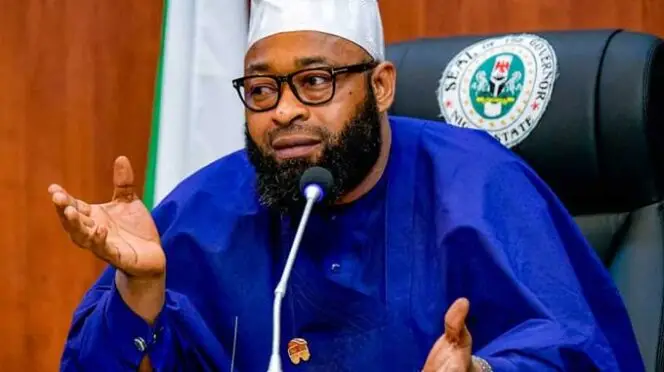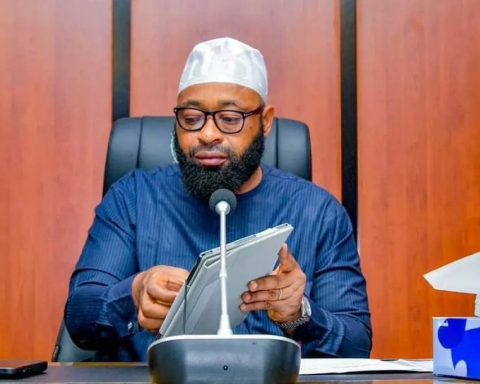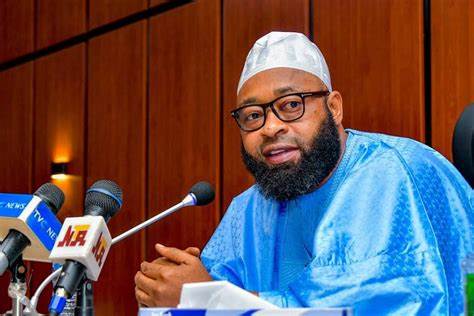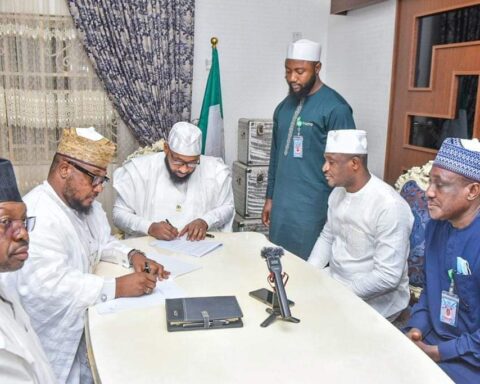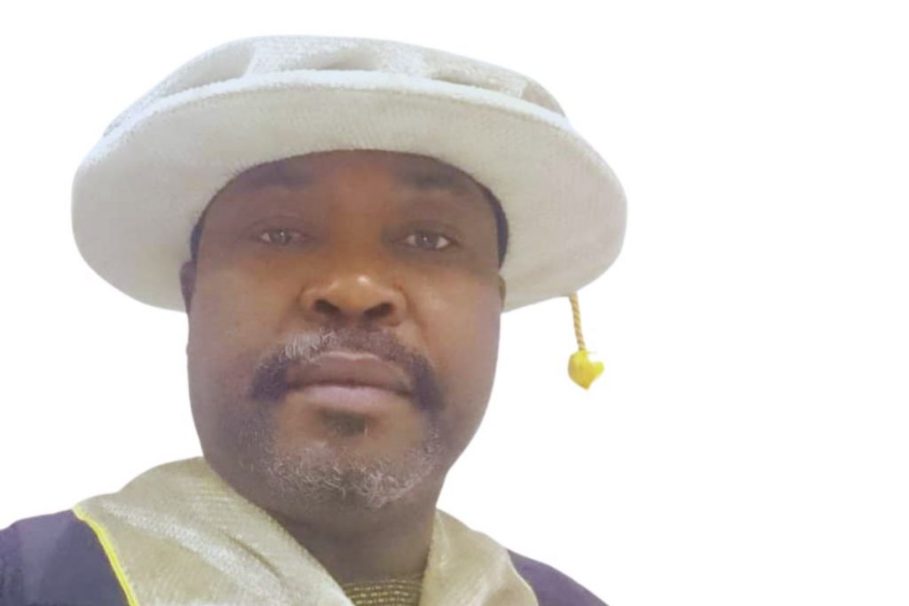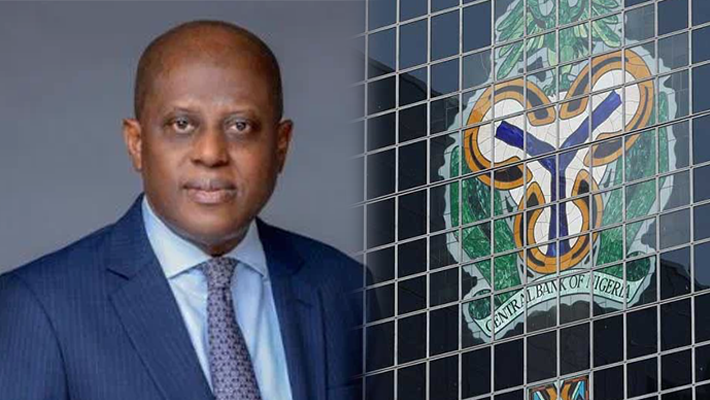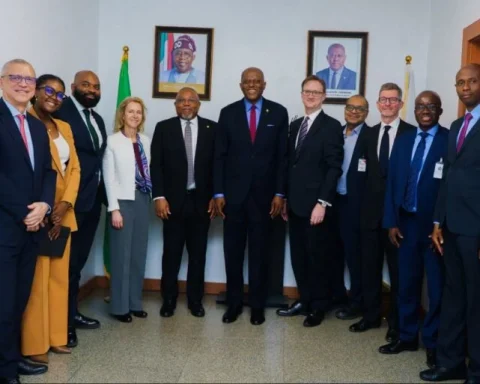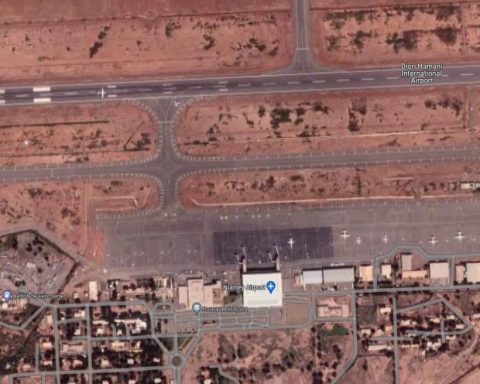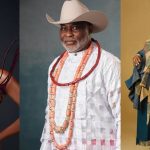In a sweeping new directive aimed at curbing inciting religious rhetoric, Niger State Governor Umaru Bago has announced that all religious preachers must now submit their sermons for vetting and approval before delivering them in the state.
Governor Bago made the declaration during a public address in Minna and in a televised appearance on TVC’s Politics on Sunday, framing the policy as a security measure to prevent extremism and preserve harmony among Niger’s diverse communities. “This is not about infringing on anyone’s religious freedom,” he said. “It is about ensuring that messages delivered from the pulpit do not incite violence, promote division, or threaten the peace we have worked hard to build.”
Join our WhatsApp ChannelPolicy Scope and Procedure
The new rule applies to both Islamic and Christian clerics. Preachers must obtain a government licence and submit their sermon scripts to a designated vetting committee at least 72 hours before they are scheduled to preach. The committee, operating under the State Religious Affairs Office, will review the content to ensure it does not contain hate speech or messages deemed “anti-people” or “anti-government.”
Officials have given clerics a two-month window to apply for preaching licences. Governor Bago said security agencies, including the Department of State Services (DSS), the Nigerian Police Force, the Nigeria Security and Civil Defence Corps (NSCDC), and the military, will collaborate with religious bodies and local authorities to enforce compliance.
READ ALSO: Niger State Bans Religious Preaching Without Licence
Niger State Govt Set To Close Unlicensed Health Colleges, Others
Broader Security Context
Bago stressed that the proactive measure is part of wider efforts to tackle insecurity and foster social cohesion in Niger State, which has faced episodes of ethno-religious tension in recent years. “We cannot allow messages that may trigger violence or undermine the hard-won peace of our communities,” he said.
Mixed Reactions and Legal Concerns
The policy has sparked sharp debate across faiths and civil society.
The Niger State chapter of the Christian Association of Nigeria (CAN) said it has not received formal notification and will issue a statement once officially briefed. While not planning legal action for now, CAN leaders indicated they are watching developments closely.
Several Islamic scholars have condemned the measure, warning that requiring prior approval of sermons violates constitutional rights to freedom of worship and expression. One scholar, Uthman Siraja, argued that “blanket regulation is unnecessary when specific offenders can be sanctioned after the fact.”
Nigeria’s 1999 Constitution guarantees freedom of religion and expression, prompting legal experts to question whether the policy amounts to government censorship. Rights advocates note that while authorities may punish incitement after it occurs, pre-screening religious messages could be viewed as unconstitutional prior restraint.
Next Steps
As the licensing deadline begins, attention will focus on the criteria for approving sermons and the penalties for non-compliance. Religious leaders are expected to meet with state officials to seek clarification on implementation, while civil society groups and human rights organisations are monitoring for potential court challenges.
For Niger State, the coming weeks will test whether the government can balance its pledge of fairness and respect for all faiths with constitutional protections guaranteeing Nigerians the right to preach and worship freely. The outcome could set a precedent for how Nigerian states address the tension between public order and religious liberty in an era of rising security concerns.
Amanze Chinonye is a Staff Correspondent at Prime Business Africa, a rising star in the literary world, weaving captivating stories that transport readers to the vibrant landscapes of Nigeria and the rest of Africa. With a unique voice that blends with the newspaper's tradition and style, Chinonye's writing is a masterful exploration of the human condition, delving into themes of identity, culture, and social justice. Through her words, Chinonye paints vivid portraits of everyday African life, from the bustling markets of Nigeria's Lagos to the quiet villages of South Africa's countryside . With a keen eye for detail and a deep understanding of the complexities of Nigerian society, Chinonye's writing is both a testament to the country's rich cultural heritage and a powerful call to action for a brighter future. As a writer, Chinonye is a true storyteller, using her dexterity to educate, inspire, and uplift readers around the world.


